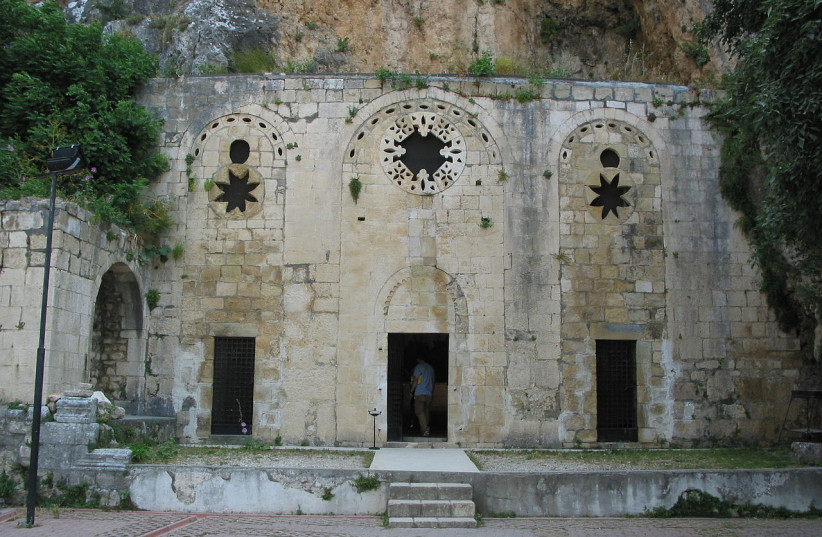Turkish archaeologists managed to uncover rooms and clay vessels in the city dubbed the "cradle of Christianity," also known as Antioch, Turkish media outlet the Daily Sabah reported.
The city, now known as Antakya or Antiocheia, is now the capital of Turkey's Hatay Province.
However, the ancient city of Antioch is one of the most important cities in the history of Christianity - in fact, it is supposedly in this city where the word "Christian" was first coined, according to the New Testament. Dating back to at least 300 BCE, the city had significant importance throughout the region due to its location making it a major trade hub and served as either a capital city or major metropolitan center for several empires and polities until its decline in the Middle Ages.
The city is also home to the Church of St. Pierre, named after St. Peter. This is one of the oldest churches in the world, with the oldest parts dating back to around the 4th century. Its location in Antioch also helped make it an important pilgrimage site for early Christians.

As part of the study of the site, the Hatay Archaeology Museum dispatched a team to conduct excavations of the ancient city's residential areas back in early October - the first time archaeological work has ever been conducted on Antioch residential areas.
During this excavation, the archaeologists managed to uncover a number of rooms and clay offering vessels. According to Hataty Archaeology Museum head Ayse Ersoy, these findings seem to belong to the residences from the late Roman era, the Daily Sabah reported.
So what were these vessels for?
According to Ersoy, it was likely for pilgrimage purposes.
"We think that at that time, people who visited the church on pilgrimage bought offering vessels from here, and filled it with holy water in the Church of St. Pierre."
Ayse Ersoy
"We think that at that time, people who visited the church on pilgrimage bought offering vessels from here, and filled it with holy water in the Church of St. Pierre," he explained, according to Turkish news outlet Arkeonews.
The city of Antioch is steeped in history, having been home to numerous empires and which helped see the birthplace of the world's largest religion. This may have been the first excavation of the ancient city's residential areas, but further study could lead to the discovery of more incredible finds from ages past.
